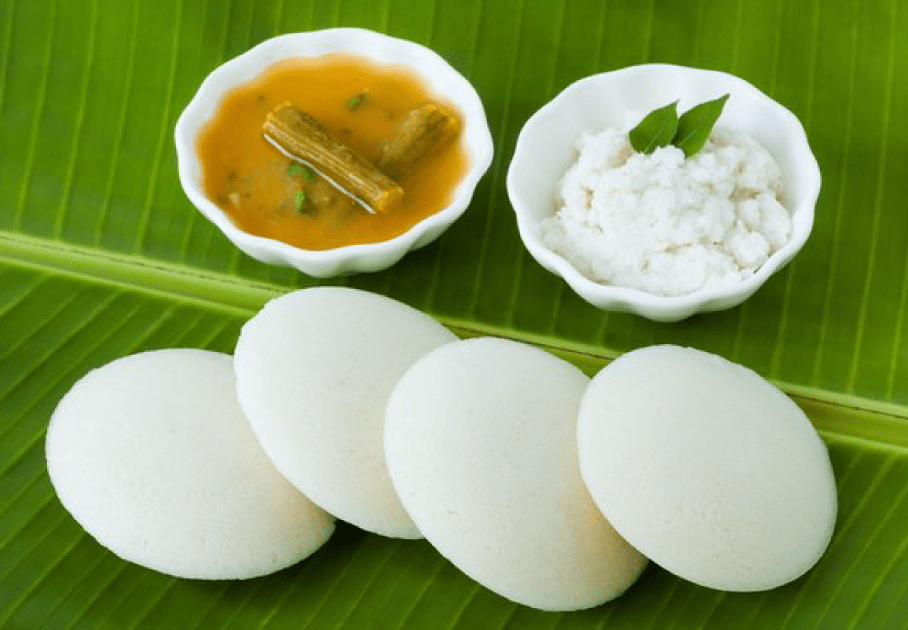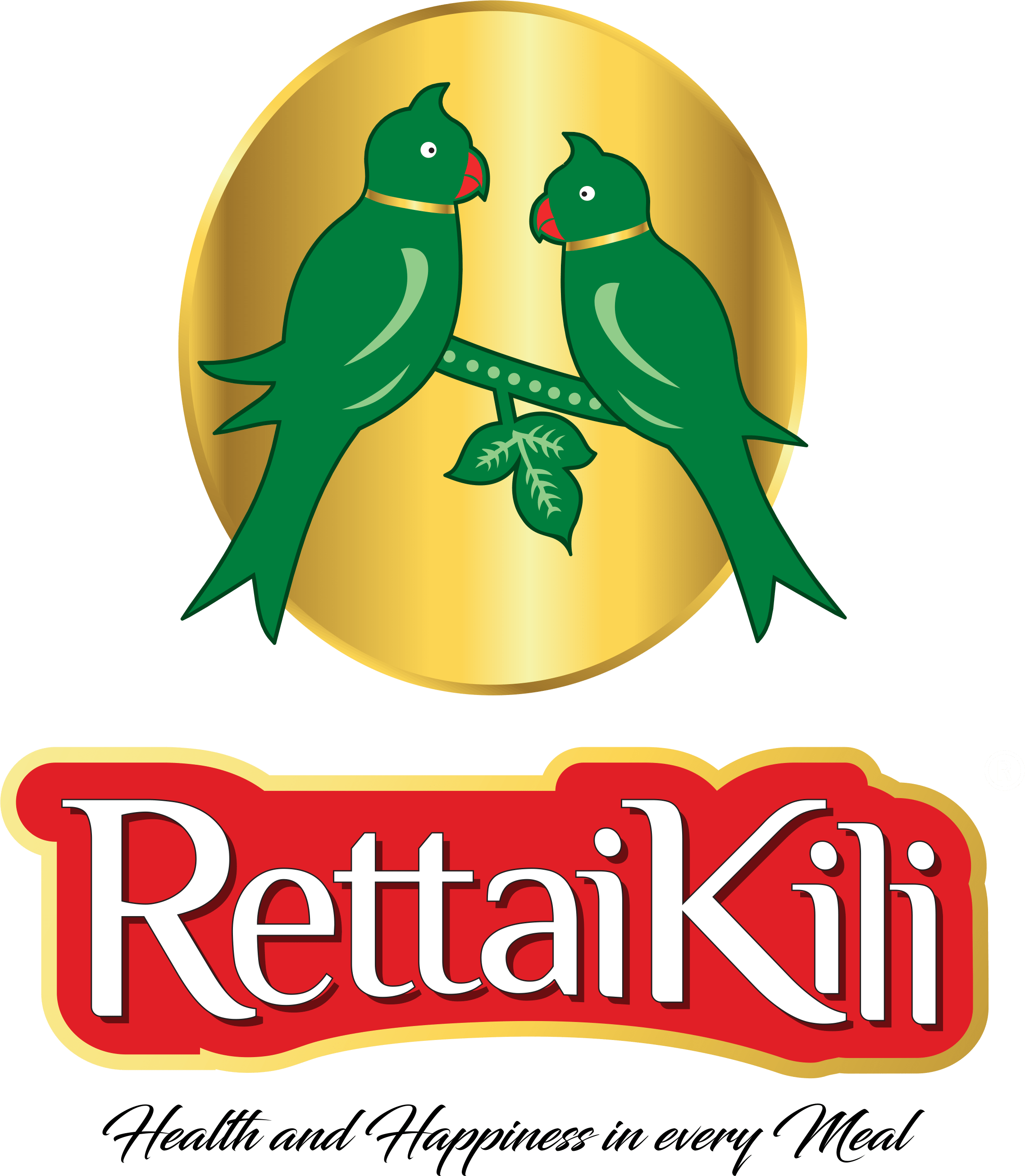Introduction: The history of idli is a fascinating journey, from foreign origins to becoming a beloved South Indian breakfast. Its evolution over the centuries has given rise to a culinary icon that not only tantalizes the taste buds but also offers remarkable health benefits.
The Arab Connection: The story of idli begins with the Arab settlers who arrived in India, seeking clarity on what was halaal (permissible) or haraam (forbidden) in their food. To adapt to their new surroundings, they devised a simple yet safe solution – rice balls. These rice balls would later undergo a transformation that birthed the idli we know today.
The Emergence of Modern Idli: From the eighth century onwards, idli started taking on the form we recognize today. The name “idli” was first mentioned in Kannada textbooks and encyclopedias during the tenth century. However, this early version differed significantly from the idli we enjoy now, as it was made with black gram flour, buttermilk, and Indian spices.
Indonesian Influence: The culinary trail of idli even extends to Indonesia, where it is known as “Kedli.” It’s believed that the cooks of Indonesian kings might have played a pivotal role in its innovation.

The Tamil Nadu Connection: In Tamil Nadu, idli was adapted in the 17th century, and the version we savor today, made from black lentils and rice, has its roots in Indonesia.
A Healthy Delight: For South Indians, idli is a dietary staple, offering not just deliciousness but also excellent nutritional value. Idli is vegan, gluten-free, and easily digestible, making it a perfect choice for those beyond South India.
Nutritional Benefits: Idli is rich in protein, fiber, and carbohydrates. Just one idli provides two grams of protein and fiber, along with eight grams of carbs. It’s also a great source of iron.
The Idli Survey: Various surveys have highlighted the popularity of idli in India. In the Indian Breakfast Habits Study of 2013, Chennai stood out for its high consumption of idli, boasting the best nutritional profile among major cities. Another survey by UberEats confirmed idli as one of the most ordered breakfast items.
Conclusion: Now that you know the incredible history and nutritional benefits of idli, what’s stopping you from enjoying these super-soft delicacies in your own kitchen? Explore the world of idli and savor its delightful flavors.




